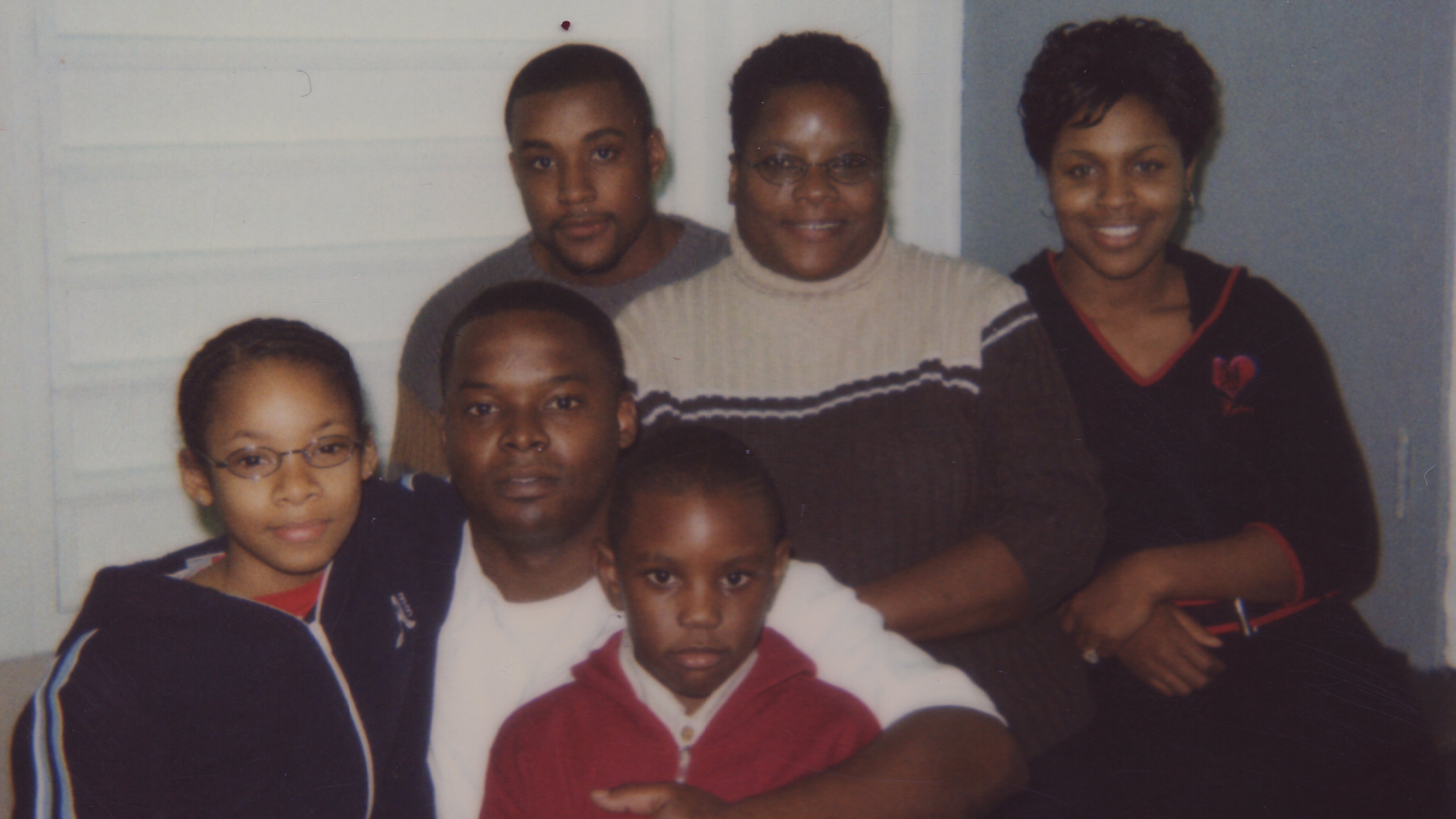More than 100 law students at all five law schools in Alabama signed on to a brief filed today that asks for a new trial for Toforest Johnson, who’s serving on Alabama’s death row, convicted of the shooting death of Jefferson County Deputy Sheriff William G. Hardy in 1995.
Those 140 law students are joined by Jefferson County District Attorney Danny Carr, the lead prosecutor in Johnson’s trial, Former Alabama Attorney General Bill Baxley, former Alabama Supreme Court Chief Justice Drayton Nabers Jr., legal scholars, public defenders and faith leaders who have all asked the court for a new trial for Johnson.
Prosecutors in Johnson’s trial presented no physical evidence or eyewitnesses tying Johnson to the shooting and built the case on testimony from a single witness, Violet Ellison, who said that while eavesdropping on a phone call from a man in jail she heard an inmate who she thought to be Johnson admit to shooting Hardy.
Ellison was paid $5,000 from the state to testify against Johnson, a fact that wasn’t made known to defense attorneys or the jury at the time.
Johnson and a friend, Ardragus Ford, were both charged and tried separately for Hardy’s murder. In Ford’s trial, prosecutors said Ford pulled the trigger. In Johnson’s trial, prosecutors said Johnson was the shooter. Ford was acquitted and Johnson’s first trial ended in a hung jury, but the second trial in 1998, resulted in him receiving the death penalty.
Erica Webb, a law student at the University of Alabama, who along with fellow law student, Katrina Smith, led in the creation of the amici curiae, or “friend of the court” brief, told APR the brief was a way to show the court that “we are watching this case. We’re paying attention and this is what we hope to see.”
Smith said the idea behind the brief is that, if Johnson’s case isn’t sufficient for a new trial, no case is.
“If you expect us as law students to have faith in this system, show us. Show us that the system can work,” Smith said.
The law students’ brief states that “no court has ever allowed an execution to proceed when both the district attorney and the lead prosecutor agree that the defendant’s conviction should not stand, and this Court should not be the first. Rather, the Court should defer to DA Carr’s request for a new trial to ensure that justice is ‘available to all,’ including Mr. Johnson.”
“The law students of Alabama are watching this case. By granting Toforest Johnson’s request for a new trial, this Court has a significant opportunity to do justice and affirm that the principles and ideals being taught in Alabama’s legal classrooms have real-world application in Alabama’s courtrooms,” the brief states in its conclusion.
Three jurors in Johnson’s trial, who all voted to convict, told investigative reporter Beth Shelburne recently that had they known what they know now, they would have never convicted Johnson. All three are also asking for a new trial, Shelburne reported for WBRC 6.
“I can’t go back and change my vote, but that’s why I’m speaking out,” Monique Hicks, one of the jurors, told Shelburne.
“This is supposed to be an honest system,” said Jay Crane, another of the jurors. “It’s supposed to work, and they (prosecutors) misled (jurors). I am very disappointed. And I feel sad for the victim’s family because they haven’t gotten any justice. They don’t have the right person in prison.”
The Innocence Project, a New York-based nonprofit that works to exonerate the innocent, in December 2019, filed a brief asking the court to grant Johnson a new trial based on the Brady doctrine and what the nonprofit said are numerous other problems with Johnson’s conviction.
“If ever a case bore the hallmarks of a wrongful conviction, Toforest Johnson’s is it,” wrote attorneys for the nonprofit to the court.
Jefferson County Circuit Judge Teresa Pulliam has yet to decide on whether to allow a new trial and is awaiting the outcome of Johnson’s appeal to the Court of Criminal Appeals on a prosecutorial misconduct claim.
Webb and Smith recently hosted Johnson’s grown daughter, Shanaye Poole, for an event in which she spoke of being the daughter of a man who’s been incarcerated since she was very young. Webb said it’s important to remember the resounding impacts on a family and a community in the absence of someone.
Poole told APR in December 2019, that it’s especially difficult around the holidays.
“But we just have to continue to stay positive and maintain hope. I feel like that’s all we’ve really had for all these years, is hope that eventually, justice will prevail,” Poole said at the time.
“That’s why it’s important that we get these things right, especially when it comes to capital cases. When it comes to potential death penalty cases,” Webb said.





















































